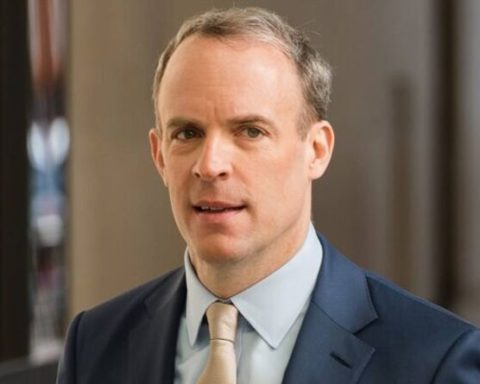The Free Speech Union (FSU) founded by journalist Toby Young has warned that the government’s Digital Harms Bill is “a serious threat” to journalists, online debate and discussions. It also hands sweeping new powers to the watchdog Ofcom which has already raised alarms this year by significantly expanding its definition of hate speech to include offence to transgender groups and other controversial areas where people may be offended.
The FSU report A Censored Internet: The Online Safety Bill comes after the Sunday Express recently launched its Preserve Our Freedoms crusade calling on the government to reverse attacks on free speech.
In the report the FSU has set out a series of alternatives including urging the Government to focus on existing offences and supporting additional resources for the police so they target criminals.
“… some harms the White Paper is intended to address are genuine, such as distributing images of child abuse or terrorist activity online. However, these would be better addressed through a combination of simpler and better-targeted legislation and more resources for law enforcement” it has warned.
“Some harms are vague, like ‘disinformation’. The government has highlighted ‘offensive material’, as if giving offense is a harm the public should be protected from by the state. There will be considerable censorship by internet companies as they try to stay on the right side of the law.”
Although the government claims to be planning “protections for journalistic content” to “protect media freedom”, newspapers and other publications’ output will still be overseen by Ofcom, a “censorious” regulator with a dangerous attitude to free speech.
The FSU also criticises the new “duty of care” for online companies, which includes content that risks an “adverse… psychological impact on individuals”. But this “psychological impact” could mean almost anything. Social media platforms and websites that breach this duty could be fined up to £18 million or 10 per cent of global annual turnover. This will lead to companies being over-cautious and removing any material that might fall foul of the rules.
Mr Young said: “Worryingly, the government has not only chosen Ofcom to enforce the Bill’s new regulations but to advise the government on what constitutes online ‘hate content’.
“Given their track record, this is likely to include those with traditional, contrarian and strong views, including many mainstream academics, journalists, theologians, politicians and members of the public, who are just expressing their views or beliefs.”
Ofcom will also get “the power to act” where so-called “disinformation and misinformation” is a “threat to public safety”. But the government calls misinformation “inadvertently spreading false information”, which could mean accidentally saying something untrue.




